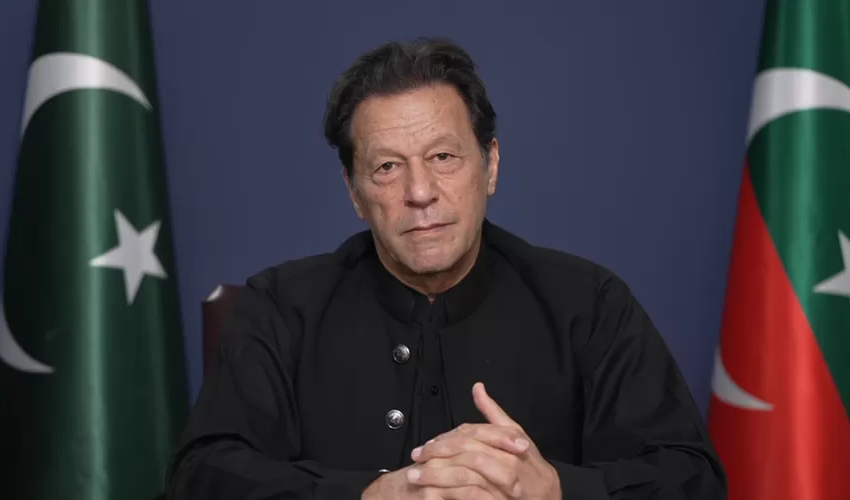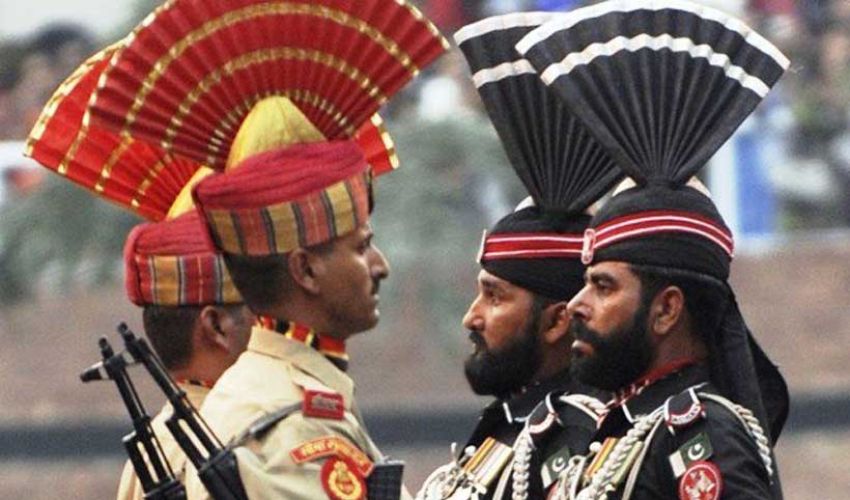Attorney General for Pakistan (AGP) Mansoor Usman Awan claimed on Wednesday that there were screenshots from Facebook, Twitter, and YouTube to prove that the media is being given access to the jail trial of former prime minister Imran Khan in Adiala Jail.
The AGP made these comments during the hearing, in Islamabad High Court (IHC) of the former PTI chairman’s appeal against his jail trial in the NAB cases of Toshakhana and the 190 million pounds scandal.
A two-member bench of the IHC is conducting the hearing.
NAB lawyer Amjad Pervaiz told the court that Imran Khan was arrested on November 13 in the Al-Qadir Trust case. The arrest was made after getting permission from the Official Secrets Act special court, he added.
The AGP then submitted a report on the media coverage of the Al-Qadir Trust and Toshakhana cases. He said there were screenshots from Facebook, Twitter, and YouTube to prove that the media is being given access to the trial.
Also Read: Elections should be held at any cost on Feb 8: PTI founder
Imran Khan’s lawyer, Shoaib Shaheen, said that after the latest amendment to the NAB law, the authority for appointing judges has changed. According to the previous law, the president was authorised to appoint judges, while now the federal government is responsible for it.
About Khan’s arrest in the Al-Qadir Trust case, his lawyer said that by looking at the process of issuance of the notification and summary moved in the cabinet, there was an element of undue haste in the entire process.
“The NAB submitted a request on November 13 and a summary was prepared the same day and the cabinet also approved it immediately,” Shoaib Shaheen said, adding that if everything in the country happened at a similar pace, many problems would be solved.
He further said that the AGP is saying the public had access to the court, adding that he could say it on record that lawyers who accompanied him were denied permission to enter the court.
Also Read: Imran Khan moves IHC for bail in Toshakhana, 190m pounds cases
“There is no court order regarding the jail trial,” Shoaib Shaheen maintained, adding that a notification was issued when the references did not even exist.
A two-member bench of the court had ordered to fulfil the requirements for the jail trial, the counsel argued, adding that the court looked at judicial references not only from Pakistan, but from all over the world, including India.
He further said there was a difference between holding court and conducting a trial, adding that for a trial, judges have to apply their minds to it. "All these events reflected mala fide intention, as an order for a jail trial was issued in the absence of a reference."
“The judges have stopped all their work and are sitting in jail only for a trial in these cases," Shoaib Shaheen remarked.
Later, Amjab Pervaiz narrated the entire timeline of notices issued to Imran Khan and his subsequent arrests in both cases.
The recent decision of the two-judge bench is on different grounds, NAB prosecutor Amjad Pervaiz said.
The CJ asked that if today, the court says that the rest of the trial should take place in the judicial complex, does it have the authority to do so? The prosecutor replied in the affirmative, saying the court has the authority to take this decision at any stage.
He further argued that once there is a notification of a court sitting, there was no need for any further order.
The court then reserved its decision on Imran Khan’s appeal against his jail trial.
His lawyer maintained that for a jail trial, the court concerned has to regulate through judicial orders. Whatever the NAB had to say, it should have told the court, which would have passed an order.



























